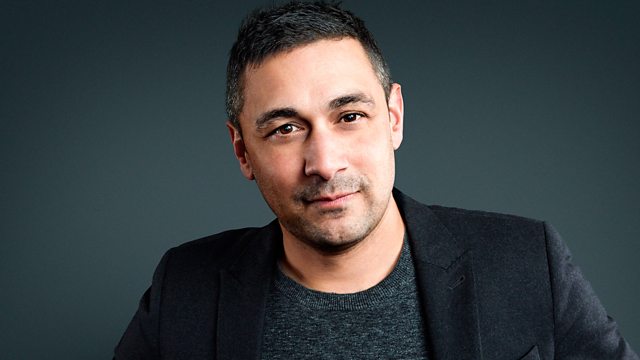Gene-edited Babies
There was universal outrage when a Chinese biophysicist He Jiankui announced he had edited the genomes of twin girls. Adam Rutherford explores the ethical controls on this work.
When the news broke last November that Chinese biophysicist He Jiankui had successfully edited the genomes of twin girls using the technique known as CRISPR-Cas9, scientists and the public were rightly outraged that such a procedure had taken place. Jiankui is currently being investigated by Chinese authorities for breaking legal and ethical guidelines on human genome editing. There have also been calls for a global moratorium on gene editing in the clinic. Yet rules are already in place that should stop this happening. Dr Helen O’Neill, a Lecturer in Reproductive and Molecular Genetics at University College London and Βι¶ΉΤΌΕΔ Science and Health Correspondent James Gallagher talk to Adam Rutherford what the gene editing technique involves and what the risks are of another rogue scientist following He Jiankui's unethical and dangerous lead.
Last on
Broadcasts
- Mon 20 May 2019 09:45Βι¶ΉΤΌΕΔ Radio 4 FM
- Tue 21 May 2019 00:30Βι¶ΉΤΌΕΔ Radio 4
Explore further with The Open University
Βι¶ΉΤΌΕΔ Inside Science is produced in partnership with The Open University.
Podcast
-
![]()
Βι¶ΉΤΌΕΔ Inside Science
A weekly programme looking at the science that's changing our world.


